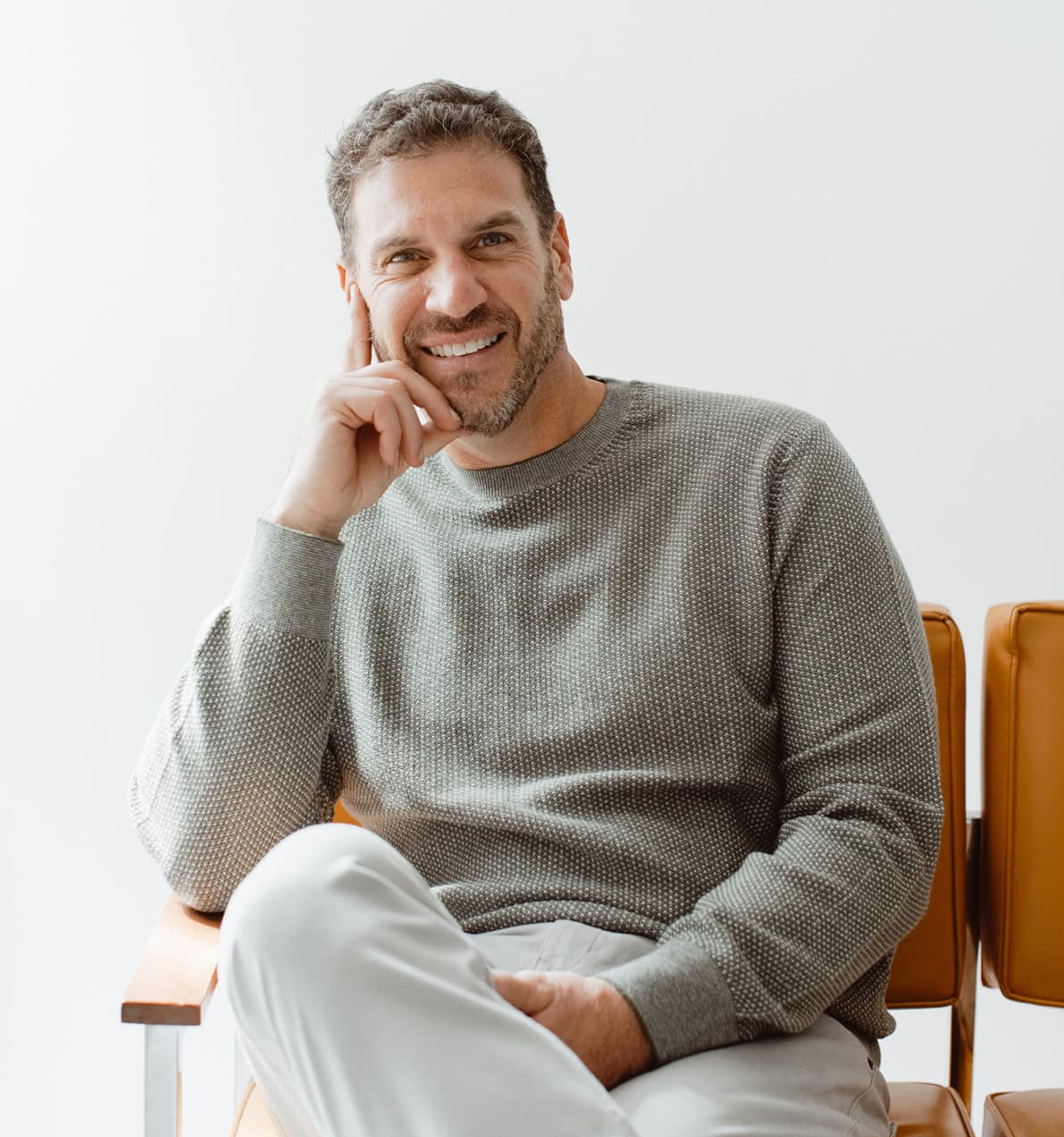Lately, I’ve been working with a new coach. I’ve known Anne for years, and she’s going through the same coaching certification that I did years ago. I’m pretty sure I’m one of her first-paying clients.
As of this writing, one topic she’s been helping me with is how to describe what I do. Also, as of this writing, I still don’t think I nail it when people ask, ‘What do you do?’. Nonetheless, great things are unfolding from the coaching, and one such thing is the topic of confidence.
It seems to me that most people’s problems fall into 3 categories, and confidence is one of them. To be clear, these 3 categories have more to do with people’s professional lives, rather than their personal lives. Although I do see a direct tie in to our personal lives, I think they’re more complex and aren’t as easily categorized. For example, if someone told me the grief I felt after my father died fell into one of only 3 categories, I’d probably want to punch them in the face (not literally – but still).
3 Problems People Face Most Often At Work
With that being said, the 3 categories I see most people’s work problems fall into are:
-
- Trust
- Confidence
- Unanswered questions
As I enjoy doing, I first went to Webster’s to get definitions of trust and confidence and wudya know – they use the actual word (trust) when defining trust. Didn’t we learn in grade school that’s a no-no? Come on Webster – do better!
For our purposes, I’m going to use the following definitions from the Kanthal Dictionary:
Trust – a belief in yourself, others, and situations that in essence, things will be OK. You might not know exactly how they’re going to be OK, but you have enough belief (and trust) to believe they will.
Confidence – this is when you have the experience and know-how that things will be OK because you’ve been there, and done that. You’re calling upon prior experience that’s revealed the proof. Your past performance and experience have provided you with the competence.
To sum up, Trust = belief. Confidence = proof from experience.
#1: Trust

As Anne was coaching me through an analogy of a Weeble Wobble guiding me on a sailboat and envisioning the wise and experienced 103-year-old Darren involved in this adventure, we landed on the idea of trusting oneself. For those that know the younger me, I was sometimes rash, relentless, and emotional. You could pretty much trust that you’d see these traits at some point or another.
At work, when these characteristics that were sometimes categorized as ‘passion’ and ‘enthusiasm’, (which I always took as a nicer way of saying I was uncooperative and difficult), would show up – I would argue and point fingers. I would get accusatory and blame you for whatever problem or issue arose.
I could trust this was going to happen.
I also fully trusted that I’d be OK. I rarely knew how I would get myself out of the mess I’d put myself into, but I knew, deep down, it would be OK.
As I coach my clients, I hear lots of what-if scenarios – what if I mess up, what if they get mad at me, what if I make someone upset, what if they laugh at me, what if….
My reply is often – what if you/they do?
I have a saying – unless we wake up dead tomorrow, whatever we deal with today will almost definitely be there tomorrow. We can trust that!
We can also trust that you’ll work through it. Like me in my younger years, you might not know how – but we can trust you’ll figure it out.
It’s also important to note that sometimes we don’t trust others in life’s scenarios. Maybe they’ve acted or behaved in ways that eroded that trust. On the other hand, maybe we just have a sneaking suspicion or gut feeling.
Sometimes we don’t trust the situation. For whatever reason, something makes us uncomfortable, and our guard is up.
Regardless of the situation at work, if you don’t trust yourself, the people you’re interacting with, or the situation, that’s the area to focus on.
To work through the challenge, you need first to identify the area you don’t trust and start being curious about what’s at play. Once you know where the trust issues lie, you can start taking action to rectify them.
#2: Confidence

I typically trusted myself in my story, even if it was blindly! And in hindsight, I was always OK. Through the darkest and most difficult times, I was still OK. But, in retrospect, I lacked tools, ways of operating, and coping mechanisms to best support myself. These days, even when I feel those old behaviors and feelings waking up, I have full confidence that I won’t blow my top or lose my temper (this was my old skool default).
Once we have trust and belief, what is often lacking is confidence.
At work, people lack the confidence to speak up and disagree. As a result, they don’t feel confident making decisions and standing behind them – irrespective if the future tells us it was a good or bad decision.
Think about this – where do you feel the most confident? Riding a bike? Being naked in front of your lover? Public speaking? Parenting? Fill in the blank? For some of you these are absolutely confident situations, and for others, not so much. We’re all different.
But what is true for us all is that in those times of confidence, there’s less thought about how we’re going to accomplish the thing. We just do it free of mind and in our element. You’re easily and confidently accomplishing things. You’re in the flow.
If confidence is lacking – why? The answer is typically that we don’t have enough experience that leads to the proof we need.
So, how do you become confident? You engage in trial and error. You engage in life experiments. You try stuff and see how it goes.
If you remain in the status quo and refuse to do anything – you will stay in the status quo, which is rife with a lack of confidence and progress.
You know the areas you want to excel at, yet you lack confidence. So my challenge is to pick 1 thing you’ve thought about doing that you’ve not yet done… and do it! It’s that simple – try it. See how it goes. And then reassess.
#3: Unanswered Questions

As the saying goes, “You don’t know what you don’t know.” If someone asked you ‘what do you not know that you don’t know’, you’d probably look at them and, in your best NY voice, say, “Are you fucking kidding me?! I already told you I don’t know!”
However, what this saying really means is that you have questions that right now don’t have answers. Yes, it’s possible you don’t have ALL the exact questions to ask. But I’m willing to bet you know at least 1 question you’re curious about getting an answer to. So that’s the place to start!
Let’s say a family member is nervous about flying internationally because they’ve never done it (this is a true story in my life). The first things they are curious about are – are the airports different, how do you get through customs, and what do you do about money and exchange rates?
This family member trusts they can figure it out and will be OK. And they also have confidence in flying, having done so for many years.
But having unanswered questions about flying internatoinally is very different than having unanswered questions when it comes to work.
If you’ve already got trust and confidence down – it’s likely your problems at work stem from unanswered questions. Questions like: what is it like to speak in front of 500 people? How do you handle firing people? What do you do if you find, 60 days after a new hire started, that you made a mistake? Why hasn’t my boss responded to my inquiries for over a week? I’m being asked to do the ‘impossible,’ and nobody will listen – how do I influence those around me to understand more clearly?
The questions are innumerable. You too, know what you’re most curious about – what questions need to be answered before you feel comfortable enough to take action? This is a great way to think of things – you want to take action, you know you’re going to take action, and yet, something is holding you back. What is it – what is holding you back? Often it’s related to a lack of information or detail related to unanswered questions.
If you’re in this bucket of problem-solving, brainstorm the unanswered questions and go on a quest to get answers.
Figure Out Your Bucket, And Then Take Action
Categorizing all work issues into 3 buckets may be an oversimplified way of thinking about struggles in the workplace, and I’m sure you could debate me on this – but why not give it a try? Consider your problem, search yourself, and see if you can fit the situation into one of these buckets. The beauty of this simple idea is that with understanding and acknowledgment, you can take decisive action!
I often tell my clients – if they’re stuck on a problem and I’m the guy to help, reach out to me without delay. There’s no reason to toil any longer than is necessary. Just reach out!
In this case, explore yourself for the category you and your problem fall into, brainstorm and decide the next logical course of action – and then fucking do it! Don’t wait. Don’t delay. Don’t procrastinate. Don’t wait for the ill-perceived ‘perfect’ time. There’s no better time than now (generally speaking). Instead, take action and let future you love you for it!




